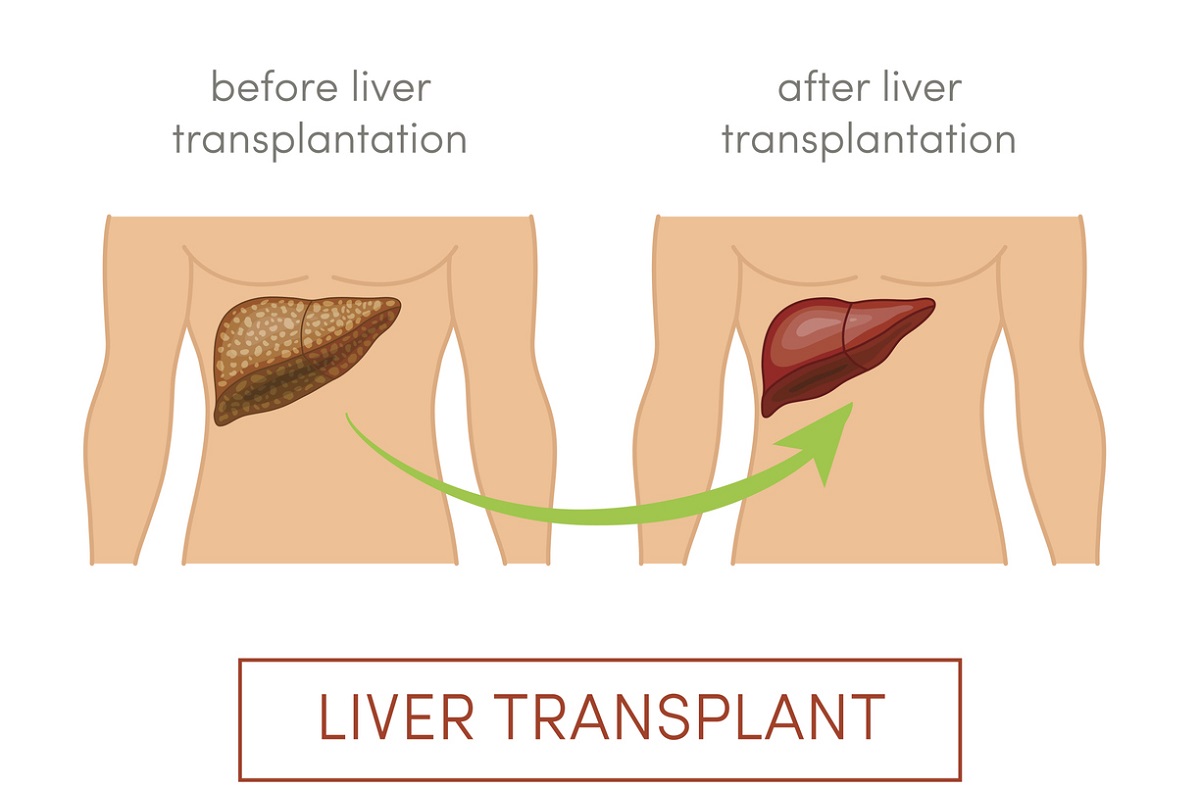Does America have a right to preach?
When Nimrata (Nikki) Haley married Michael Haley, there was the obligatory Sikh wedding. When Usha Chilukuri married JD Vance, there was the obligatory Hindu wedding.
The patient was suffering from liver failure because of Hepatitis B and had come to India for his surgery, they added.

(Representational Image: iStock)
For the first time in India, doctors at a private hospital in Delhi transplanted a liver from a donor having a different blood group to the 63-year-old recipient from Afghanistan, giving him a new lease of life.
The doctors informed that the surgery performed is known as ABO-incompatible liver transplant surgery where donor and recipient have different blood groups.
The patient was suffering from liver failure because of Hepatitis B and had come to India for his surgery, they added.
Advertisement
Dr Shailendra Lalwani, who conducted the surgery along with his team at Manipal Hospital, said that the whole surgery took around 12 hours and over a month-long preparation.
“The ABO-incompatible liver transplant surgery is a complicated procedure which requires medical expertise, infrastructure, good post-operative care and an infection-free environment. Since the patient did not have a matching blood group donor in his family, we opted for this procedure,” the doctor said.
“The procedure involved advance preparations – a month before the final surgery – to avoid Antibody Mediated Rejection (AMR) risk. This includes three rounds of procedures to achieve the target antibody levels. In the first round, the patient is given anti-CD20 to suppress antibody-producing plasma cells, the second stage is to neutralize remaining antibodies and the third is of plasma filtration to remove antibodies from the patient’s body. After achieving the target levels, we went for the transplant,” he added.
The hospital also said that the patient is getting better every day. “While it takes three weeks for recovery after this procedure, our patient recovered in just two weeks, and was discharged in only a few weeks,” Lalwani informed.
Advertisement